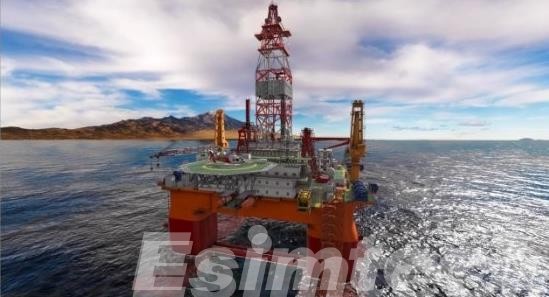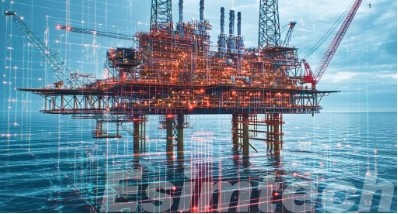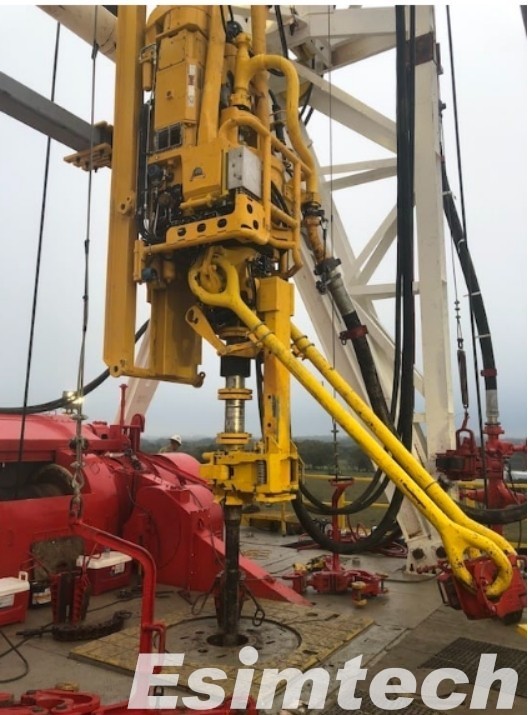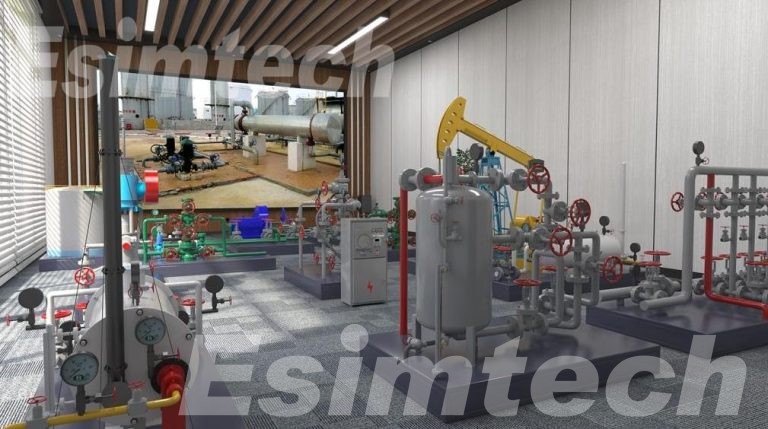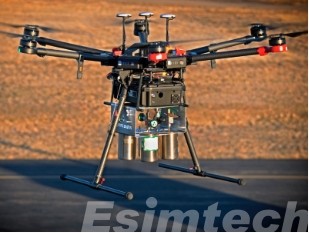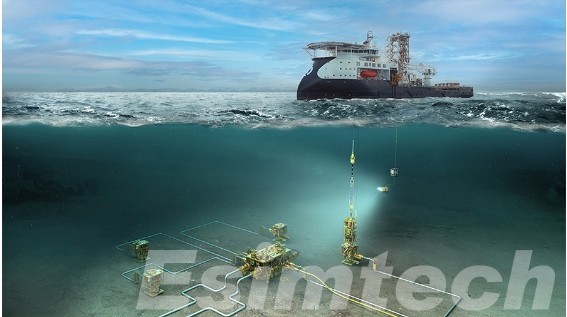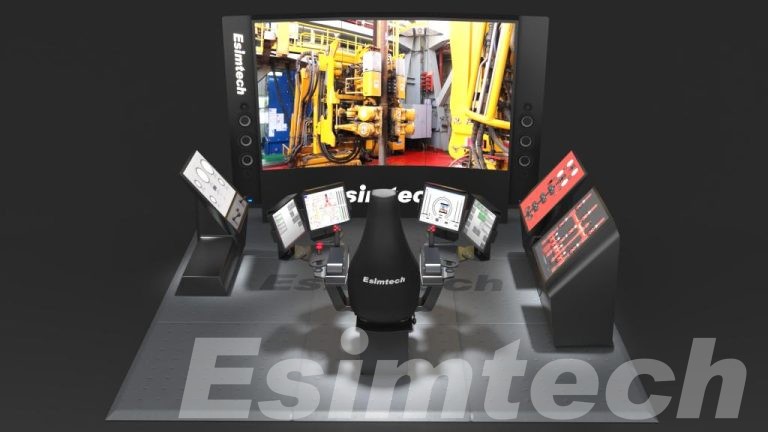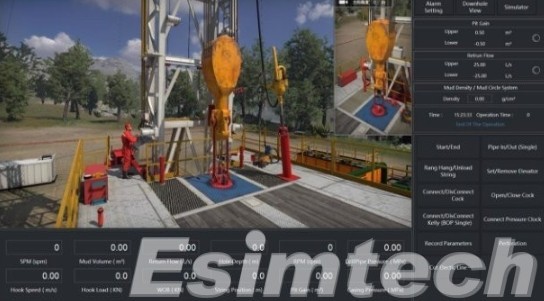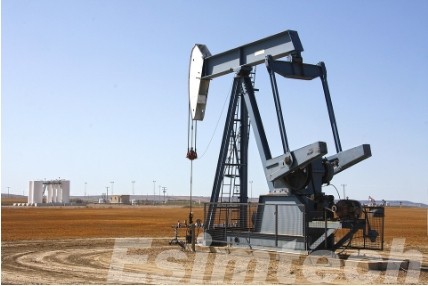How Simulation Helps Minimize Environmental Impact in Offshore Operations
Offshore operations are crucial to global energy production, but are not safe for the environment. Offshore drilling operations, in particular, have complex processes that, if performed incorrectly, can lead to oil spillage, gas leakages, and damage to oceanic ecosystems. Simulation training at academies has now become a significant solution to these problems. Through experiential, realistic practice…

